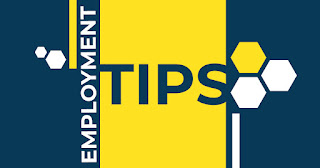Effective August 3, 2020, the Department of State is given the discretion to fine, suspend, or revoke a real estate broker or salesperson's license for violations of the New York State Human Rights Law in their capacity as broker or agent.
Governor Cuomo signed Senate Bill S6874-A which specifically amends Section 441-c of the Real Property Law to include violations of Article 15 of the Executive Law or the New York State Human Rights Law as a ground for revoking or suspending a real estate broker or salesperson's license.
Ironically, the law already included the Department of State’s ability to revoke a license at 19 NYCRR 175.17(b), which states:
Governor Cuomo signed Senate Bill S6874-A which specifically amends Section 441-c of the Real Property Law to include violations of Article 15 of the Executive Law or the New York State Human Rights Law as a ground for revoking or suspending a real estate broker or salesperson's license.
Ironically, the law already included the Department of State’s ability to revoke a license at 19 NYCRR 175.17(b), which states:
“No real estate broker or salesperson shall engage in an unlawful discriminatory practice, as proscribed by any federal, state or local law applicable to the activities of real estate licensees in New York State. A finding by any federal, state or local agency or court of competent jurisdiction that a real estate broker or salesperson has engaged in unlawful discriminatory practice in the performance of licensed real estate activities shall be presumptive evidence of untrustworthiness and will subject such licensee to discipline, including a proceeding for revocation. Nothing herein shall limit or restrict the Department from otherwise exercising its authority pursuant to section 441-c of the Real Property Law.”
Is the new law than just lip service to appease the public after the Newsday investigation which uncovered rampant housing discrimination violations in the real estate industry?
Weigh in.




















